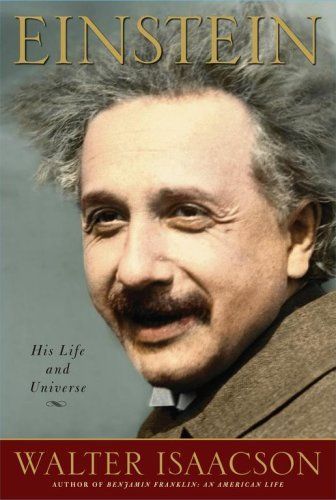
Reviews
Patrick Book@patrickb
Timeo Williams@timeowilliams
Gavin@gl
Jowanza Joseph@josep2
garima mamgain@garima
Michael Friess@mfriess
Omar@omareduardo
Jeni Enjaian@jenienjaian
Pierre@pierrot
Kaylee Z@theenchantedlibrary
Andreas Holmer@andreasholmer
Chris Wilcox@ckwilcox
David Bielenberg@bielenberg
Christopher Wheeler@woolgatherist
Ricardo López@rirsc
Aaron Bach@bachya
Thiago Valentim@thiagovalentim
Helen Bright@lemonista
Brock@brock
Tyler Gibbs@tylerswe
Heiki Riesenkampf@hrk
Nenad Nikolic@nnikolic72
Pierke Bosschieter@pierke
Alan@alancph